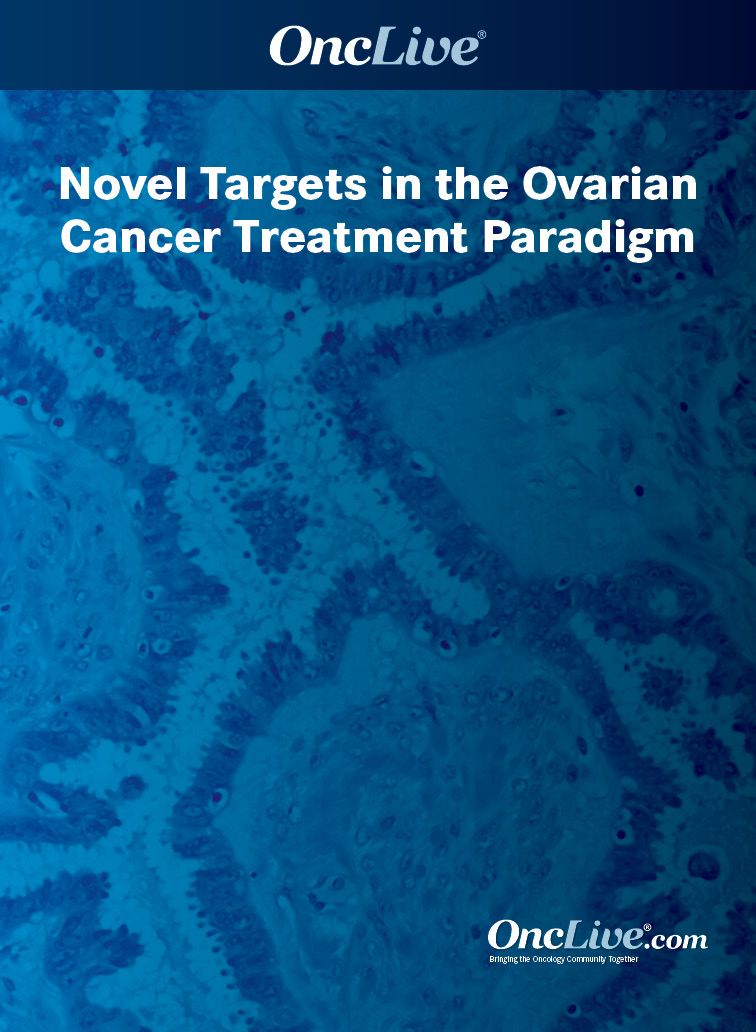Dr. Birrer on Remaining Questions in Platinum-Sensitive Ovarian Cancer
Michael J. Birrer, MD, PhD, discussed remaining questions when addressing platinum-sensitive ovarian cancer.
Michael J. Birrer, MD, PhD, vice chancellor, director, the Cancer Service Line, University of Arkansas for Medical Sciences (UAMS), director, Winthrop P. Rockefeller Cancer Institute, discussed remaining questions when addressing platinum-sensitive ovarian cancer.
Platinum-sensitive recurrence remains an important issue within ovarian cancer, and most patients with platinum-resistant disease will go through a phase of platinum sensitivity, Birrer says. Moreover, if patients have undergone maintenance therapy with PARP inhibitors, the question arises if they will remain sensitive to a PARP inhibitor after progression, Birrer adds.
The mechanism of resistance to a PARP inhibitor is likely heterogeneous, Birrer continues. Patients could develop resistance due to reversion mutations, fork stabilization, and P-glycoprotein activity, Birrer says. Ultimately, the mechanism of resistance will determine whether retreatment with a PARP inhibitor is an option, Birrer concludes.




